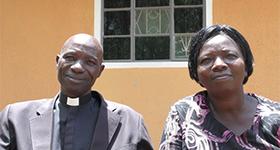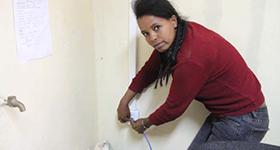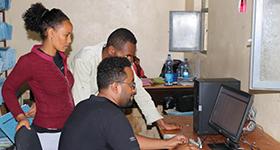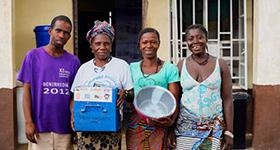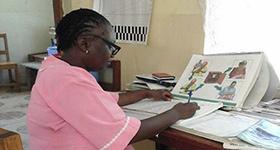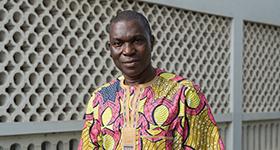Initiative
In the Dominican Republic (DR), transgender (trans) persons experience stigma and discrimination in many different ways and are denied the same opportunities as other Dominicans. In recent years, more efforts have been directed at improving the quality of life for the trans community. However, these initiatives focus mainly on HIV prevention and treatment, ignoring the multiple socioeconomic and health needs of these marginalized individuals.
Several community-based organizations (CBOs) led by trans activists in the DR advocate for the rights and social inclusion of their community. Although these organizations are highly committed to the cause, their efforts are limited by lack of funding, weak technical capacity, and insufficient data about the realities of trans communities in the DR. The Advancing Partners & Communities project, with the support of the USAID/DR Mission and PEPFAR, has been collaborating with the trans community, government officials, and local organizations to design and conduct an assessment to explore the social and health needs of the trans population, as well as the barriers trans persons face to accessing available services.
Valentina (real name withheld), who currently works for one of the CBOs involved in the planning of the assessment, was selected to participate as a member of the data collection team. Participating in the assessment has strengthened her skills as a peer educator and researcher. It has also allowed her to learn more about her community and herself. Valentina is ready to share her experience and skills, and to work with others towards achieving full social inclusion of trans persons in the DR.
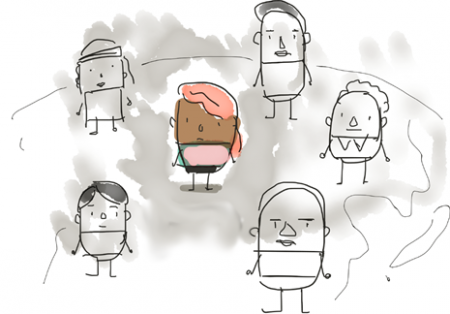 My name is Valentina and this is my story. The Dominican Republic is a country rich in diversity. However, there is lack of data regarding members of the Lesbian, Gay, Bisexual, Transgender/Transsexual and Intersex (LGBTI) community, but especially regarding Trans persons. |
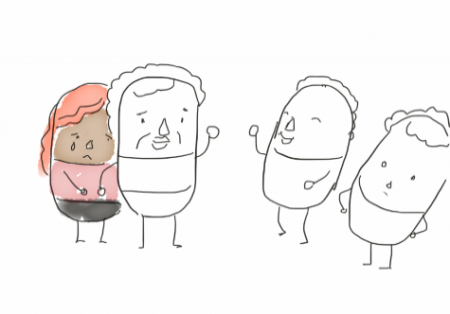 Trans persons in the Dominican Republic face stigma and discrimination in different settings. Unfortunately, for many of them, this begins in their own family. |
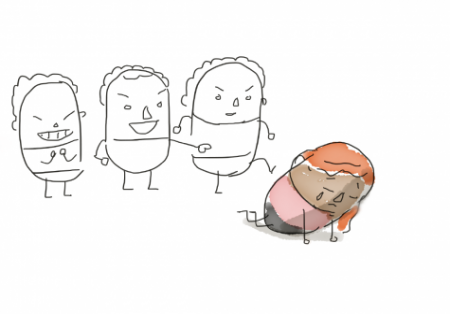 It was difficult for me to get myself to go to school every day because my peers were mean and did not acknowledge me. I also felt rejected when I had to go to the doctor. Nurses and doctors looked confused and made me feel confused! Trying to find a job was not easy either. |
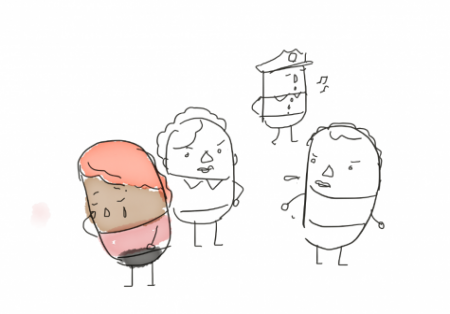 Sometimes I don’t want to go outside. When I walk down the street, people yell at me and give me dirty looks. If I were to get into trouble and feel threatened, police would hesitate to help me. I feel isolated and excluded. |
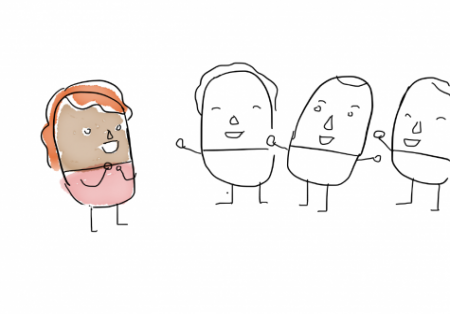 There are some community-based organizations that advocate for LGBTI rights in my country. I was fortunate to get a job with one of them. They welcomed me as part of their family. |
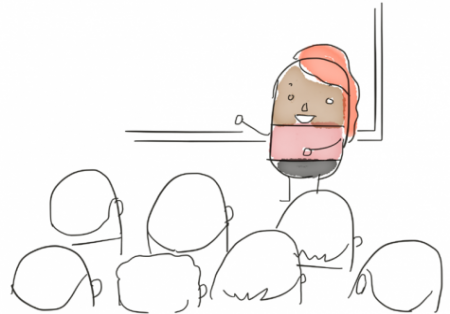 By working with this type of community-based organization, I have been able to learn about human rights, advocacy, and HIV prevention. The part that I enjoy most about my job is being able to empower and help other members of the LGBTI community. |
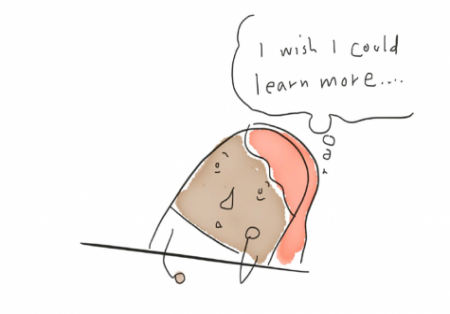 Although I love my job, I sometimes feel stuck. I wish I could acquire other skills to enable professional growth that I could then pass on to my community. Although I am aware of the obstacles that Trans persons encounter daily, there is not enough data available to help us improve our efforts. Hm… maybe I should attend that meeting with Advancing Partners & Communities (APC). This could be my chance to learn more and meet people who are working to help the Trans community. |
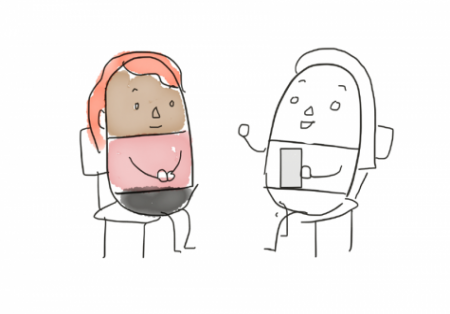 It was so motivating and energizing to learn that the USAID/DR Mission is supporting projects like APC that are creating spaces for Trans organizations to collaborate, learn, and strengthen their capabilities. I can see how challenging it would be to organize so many people from different organizations and incorporate all of their ideas. It was inspiring to be able to meet government officials, topic experts, and other Trans persons. |
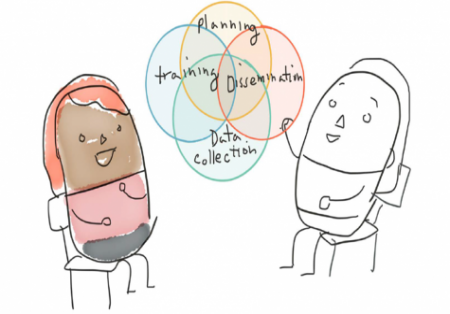 During the meeting I was selected to be part of a new Trans persons study that brings together different members of the Trans community, local organizations, the Ministry of Public Health, and USAID. APC identified the need for a study like this to better understand the health needs of Trans persons by giving them a voice. I was excited to attend a training on how to conduct field interviews at a university with other Trans persons. I strongly believe that acquiring knowledge about the Trans community will help us to address the needs of Trans persons and help make our society more inclusive. |
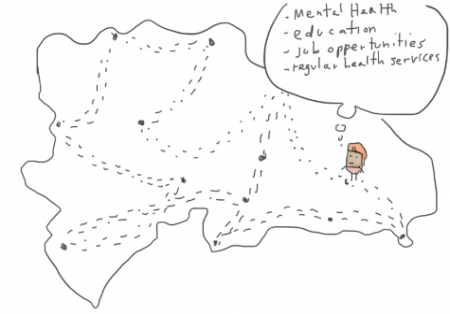 As I interview Trans-men and women, I feel more connected to who I am and I feel a sense of community. Since I am a Trans woman I feel that I have been able to get my interviewees to open up more about the challenges they are facing. I have learned about the different needs of the Trans community such as adequate mental health services, education, better job opportunities, and regular health services. I wish we had more time to interview more Trans persons. |
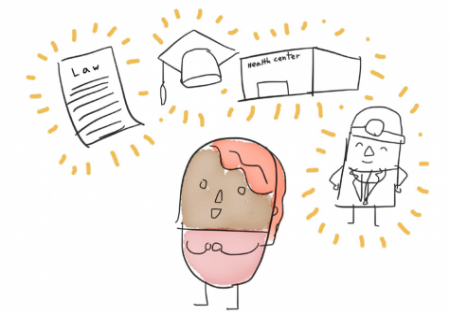 I hope that the information we are collecting from the Trans persons study will be adapted to include the Trans community in future decision-making for legislation, education, and healthcare services and training. I hope that the information we are collecting from the Trans persons study will be adapted to include the Trans community in future decision-making for legislation, education, and healthcare services and training.One day there will be equality, fairness, and inclusion in our society and I will no longer be seen and treated as an outsider. |
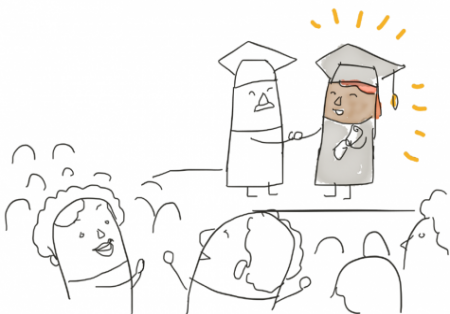 All I ever wanted was to be like everyone else. As the LGBTI community advocates for social justice and there are opportunities to collaborate with others and adapt and learn, Trans persons can become fully part of society in the Dominican Republic. That is something to celebrate! |

